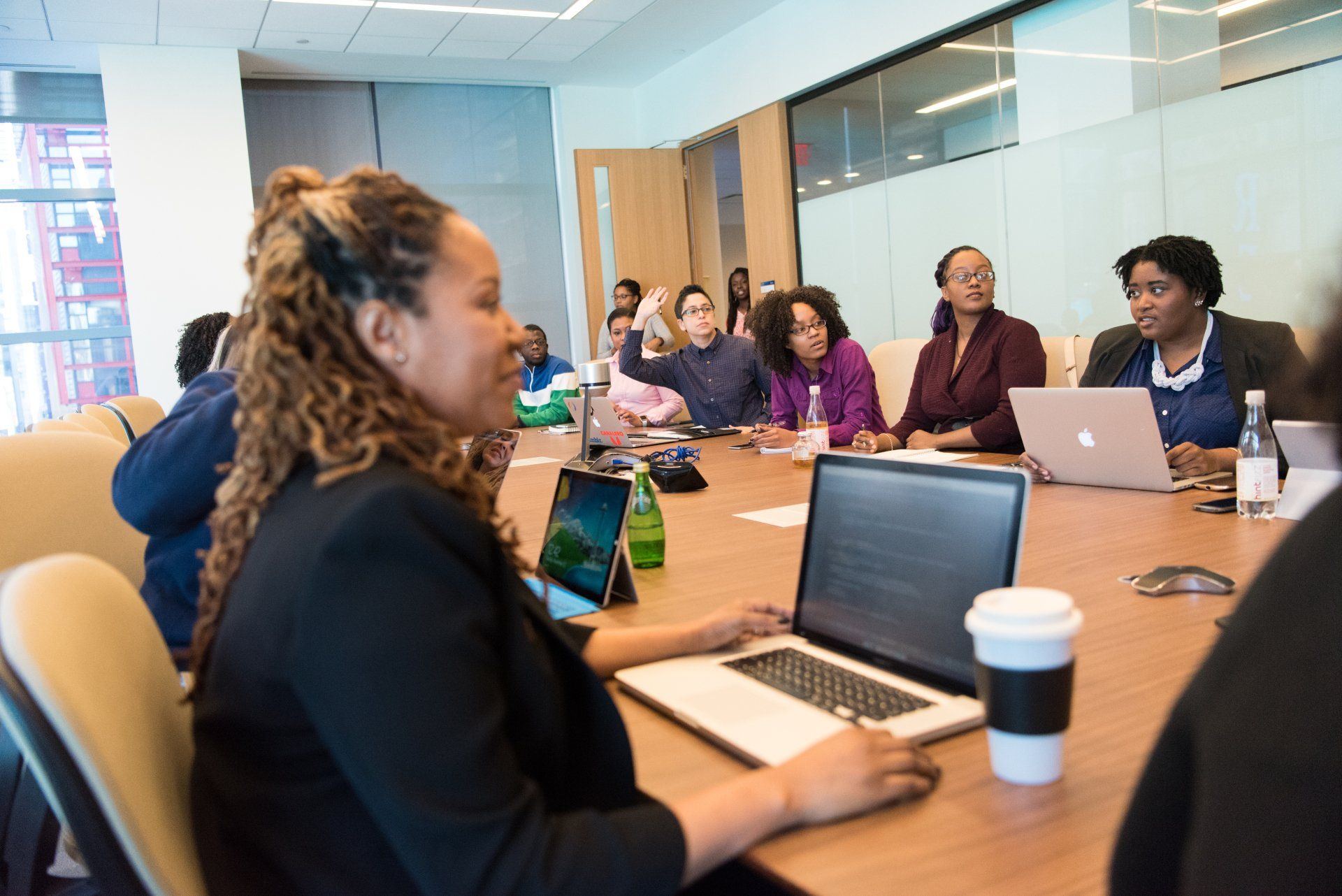People Management

Communicating with people who are challenging can be difficult. Indeed, engaging with an employee who constantly challenges your ideas or who seems perpetually dissatisfied, requires tact, empathy, and assertiveness as it is precisely in these situations that effective communication becomes crucial. When working with others, especially in a team setting, maintaining open lines of dialogue is essential for success. So, let’s delve into strategies for handling those challenging conversations. Have an open conversation: Any issues with employees should be addressed by having an open and respectful conversation about improving your professional relationship. Listen to their perspective and explore ways to adjust your interactions. Clear up any misunderstandings through open dialogue and schedule ongoing discussions to strengthen your working relationship. Get to know your Team: Building the relationship beyond work is a great way to strengthen your connection with a challenging employee. Create a comfortable environment to learn about each other's interests and backgrounds and use conversation starters like discussing hobbies, interests, even the latest match results or work achievements to deepen your connection. Set a Good Example: Set a positive example when dealing with a challenging employee by prioritising professionalism and avoiding hostility or retaliation. Acknowledge any mistakes made, strive for better communication, and exhibit behaviours that can positively influence them to do the same. Avoid Workplace Gossip: Resist the temptation to gossip about difficult team members in the workplace. Engaging in gossip can harm your reputation and damage trust among colleagues, potentially leading to decreased morale and a toxic work environment. General Rules to go by; When dealing with conflict remember to at all times: • Stay calm - Resist the urge to retaliate and be hostile with your co-worker, as being calm will rationalise the situation. • Listen - If an employee is being difficult, listen to their side of the situation. • Create boundaries as to what is inappropriate and what you are not comfortable with. For example, if an employee is always being negative or questioning your decisions, you need to let them know how you feel before it escalates. Remember, it’s not just about getting the job done; it’s about fostering collaboration, understanding, and achieving common goals. By mastering the art of communication, you can keep stress levels down, build stronger relationships, and create a more harmonious work environment. By Tara Daly

Navigating Disciplinary Procedures - Avoiding Common Pitfalls Disciplinary hearings and investigations form an essential part of any workplace, acting as a corrective tool for addressing employee misconduct and performance issues whilst maintaining a just and equitable work environment. Nevertheless, employers sometimes stumble into common errors during these processes, potentially resulting in legal repercussions such as claims of unfair dismissal. To sidestep these pitfalls, employers must grasp and uphold fair procedures throughout disciplinary proceedings. Here are some of the typical missteps employers should steer clear of: Ignoring the Disciplinary Policy A common mistake for employers is that they forget to check their policies before embarking on a disciplinary process. Employers must first review and adhere to their disciplinary policies. These policies should be regularly reviewed to reflect best practices, should outline the framework for handling disciplinary matters, and should be in accordance with the Code of Practice on Disciplinary and Grievances. Ignoring your policy can lead to accusations of unfair treatment. Failing to Properly Train Managers Some employers expect Managers or Supervisors to conduct Investigations or Disciplinary processes without any training, as they wrongly assume, often to their cost, it is a straightforward process whereby you simply hand an employee a warning letter. Failure to train your managers in how to properly conduct these processes can result in them inadvertently mishandling proceedings, leading to unfair outcomes and consequential awards against your business. Unjustified Suspension It is often wrongly believed that employers reserve the right to suspend an employee once they are investigating a matter. However, employee suspension should only be employed where there is a genuine risk to the business or process if the employee remains at work during the investigation. Suspension should be a measure of last resort. Employers should seek lesser options before suspending an employee; suspension should be used sparingly and in accordance with your internal policies and should always be on full pay and for as short as possible. Absence of Impartiality Some employers assume the same manager who conducts the investigation can also issue a disciplinary sanction. However, the person conducting the disciplinary hearing should be independent and impartial. Impartial in this context means someone previously unconnected with the issues involved, the previous stages of the process (i.e., not involved in the investigation) and it does not necessarily require a third party. One individual cannot act as both the Judge and Jury where it can be avoided. Neglecting to Inform About the Right to Accompaniment Employees should be informed of their right to be accompanied by a work colleague or union representative during the disciplinary process. Legal representation is generally not required but advice should be sought where such a request is made by an employee. Avoiding Disproportionate Sanctions The outcome of a disciplinary process, especially dismissal for misconduct, should be carefully considered and ensure the sanction can be justified as a reasonable sanction, based on the circumstances. Acknowledging the Right to Appeal Employees should always be advised of their right to appeal the outcome of a disciplinary process, providing them with a chance to challenge any perceived injustices. Ensuring an Impartial Appeals Process The appeal process should be conducted by someone who was not previously involved in the disciplinary process to ensure impartiality. In conclusion, every employer should have a robust disciplinary policy in place and must follow it diligently. Failure to do so can lead to a higher risk of successful unfair dismissal claims, which can be costly and damaging to your organisation's reputation. By adhering to fair procedures, making, and keeping good notes/records, and avoiding common mistakes, employers can ensure that disciplinary hearings and investigations are conducted fairly and legally, contributing to a more harmonious and productive workplace. As always, for advice and guidance on navigating your way through disciplinary processes, don’t hesitate to get in touch with the team MSSTheHRPeople . By Hugh Hegarty



